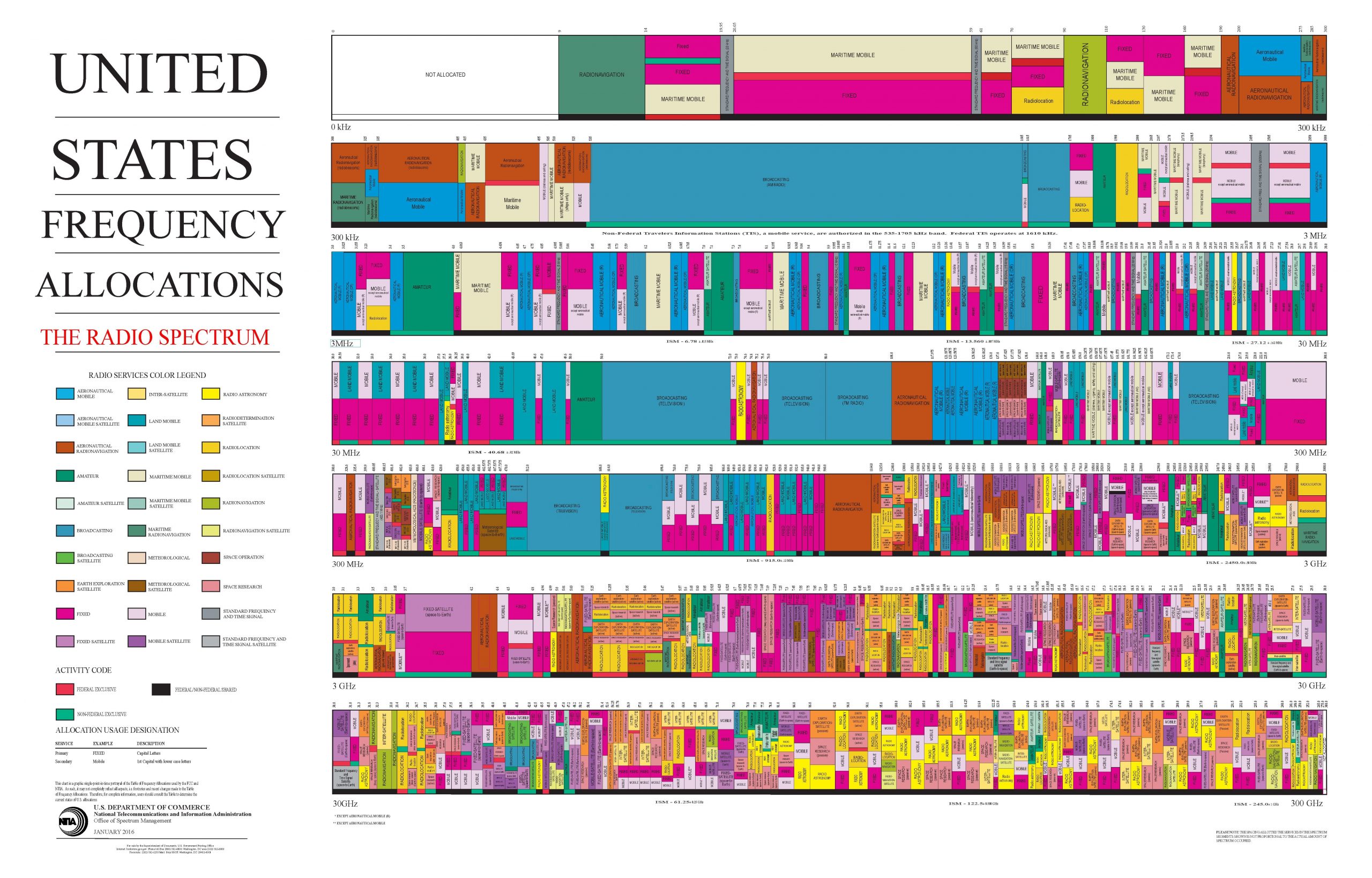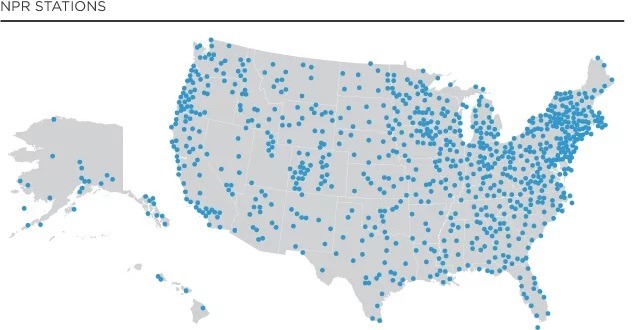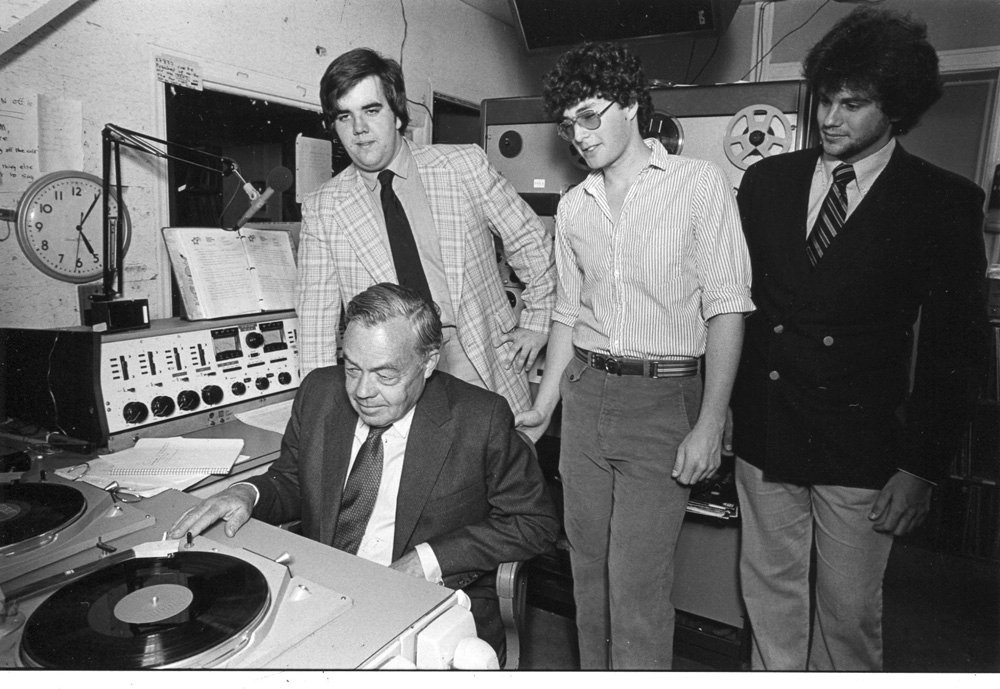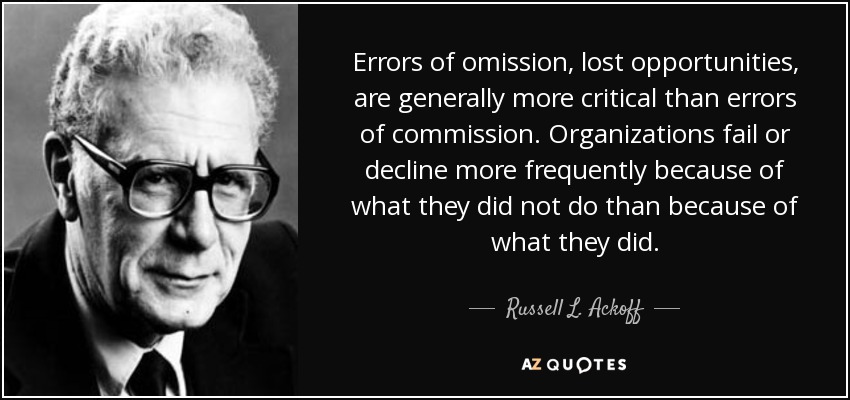To what degree does the endless and, frankly shameless, on-air fundraising by an organization with widely tolerated bias constitute de facto political fundraising for the Democratic Party? In Southeastern Michigan — in less than a 50 mile region — you can hear the same NPR “content” from six different universities: Ann Arbor, Ypsilanti, Toledo, Detroit, East Lansing, and Flint.
There has been some relatively recent legislative proposals to restore NPR to its original charter of cultural content (music, book reviews, agricultural information, etc.) but these proposals never moved beyond the relevant committee.
NPR literally said “Federal funding is essential to public radio” on their own website (now taken down).
What hypocrites! pic.twitter.com/kYAXW0zpyl
— Elon Musk (@elonmusk) April 12, 2023

NPR CEO Katherine Maher was a no-show at the House Oversight Subcommittee Hearing
Related:
This is a clear and blatant effort to evade the FCC’s Equal Time rule.
The purpose of the rule is to avoid exactly this type of biased and partisan conduct – a licensed broadcaster using the public airwaves to exert its influence for one candidate on the eve of an election.… https://t.co/LliZF0po9t
— Brendan Carr (@BrendanCarrFCC) November 3, 2024
National Public Radio Inc | 2022 Tax Filing
National Public Radio | IRS 990 Return of Organization Exempt from Income Tax
American Public Media Group | 2022 Tax Filing
“Hotseat heats up for NPR CEO Katherine Maher — and her life is the ultimate woke-elite bingo card”
National Public Radio follows guidelines and best practices when conducting fundraising campaigns, but they’re not so much strict “rules” as they are principles and standards upheld by NPR and its member stations. Here are some common practices and considerations:
- Transparency: NPR and its member stations are typically transparent about their funding needs and where the money goes. They often provide detailed breakdowns of their budgets and expenses.
- Ethical Solicitation: Fundraising efforts should be conducted ethically and in accordance with NPR’s values. This means avoiding misleading tactics and being honest about the need for funding.
- Listener Support: NPR often emphasizes the importance of listener support in funding their programming. They encourage individuals to contribute at various levels, often with incentives like member benefits.
- Corporate Sponsorship: NPR also receives funding from corporate sponsors, “but they are careful to maintain editorial independence.” Sponsored content is clearly labeled, and NPR maintains strict guidelines to ensure that sponsors do not influence editorial decisions.
- Member Stations: NPR member stations across the country conduct their own fundraising campaigns, often in conjunction with national NPR campaigns. These stations rely heavily on listener support and may have their own guidelines and practices.
- Regulatory Compliance: NPR and its member stations must comply with relevant laws and regulations governing fundraising, including those related to nonprofit organizations and broadcasting.
- Stewardship: NPR and its member stations typically prioritize stewardship of donor funds, ensuring that donations are used effectively and efficiently to support their mission and programming.
While there may not be hard and fast rules for NPR fundraising, adherence to these principles helps maintain trust with listeners and supporters.
My resignation letter to NPR CEO @krmaher pic.twitter.com/0hafVbcZAK
— Uri Berliner (@uberliner) April 17, 2024
To become a National Public Radio (NPR) member station or broadcaster, certain criteria must be met. NPR is a mission-driven organization that partners with independently owned and operated public radio stations across the United States to deliver its programming. Here are the typical criteria for becoming an NPR member station:
- Nonprofit Status: NPR member stations must be nonprofit organizations, often affiliated with universities, community organizations, or governmental bodies.
- Broadcast License: Stations must hold a valid broadcast license issued by the Federal Communications Commission (FCC) in the United States. This license authorizes the station to broadcast on a specific frequency within a designated geographic area.
- Commitment to NPR’s Mission: Member stations are expected to share NPR’s mission of providing high-quality, non-commercial programming that serves the public interest. This includes delivering news, cultural content, and educational programming to their local communities.
- Financial Stability: Stations must demonstrate financial stability and viability to ensure they can fulfill their commitments to NPR and their local communities over the long term.
- Technical Requirements: Stations must meet certain technical requirements to ensure they can receive and broadcast NPR programming effectively. This includes having appropriate transmission equipment and meeting FCC regulations for broadcast quality and coverage.
- Membership Dues: Member stations are required to pay annual membership dues to NPR, which help support NPR’s operations and programming.
- Compliance with NPR Policies: Stations must adhere to NPR’s policies and guidelines regarding programming standards, ethics, and editorial independence.
- Community Engagement: NPR values stations that are actively engaged with their local communities, including through outreach, events, and partnerships with local organizations.
- Programming Commitment: Member stations are expected to broadcast a significant portion of NPR programming, including flagship shows like “Morning Edition” and “All Things Considered,” as well as other NPR-produced content.
- Commitment to Diversity, Equity, and Inclusion: NPR values diversity in its member stations and encourages stations to reflect the diversity of their communities in their programming and staffing.
Overall, becoming an NPR member station involves a combination of legal, financial, technical, and cultural considerations, all aimed at supporting NPR’s mission of providing high-quality public radio programming to audiences across the United States.
A significant portion of NPR member stations are associated with universities or colleges. These stations are often operated by the educational institution’s media departments or affiliated broadcasting organizations. They serve as valuable training grounds for students studying journalism, communications, broadcasting, and related fields.
While the exact number of NPR member stations associated with universities or colleges may vary over time, it’s safe to say that a substantial portion of the network falls into this category. Many universities and colleges across the United States operate their own radio stations, and a portion of these stations choose to affiliate with NPR to access its programming and resources.
Related:
Pew Research Center: Public Broadcasting Fact Sheet
— NPR (@NPR) April 12, 2023
Urban Dictionary: Affluent White Female Liberal
NPR names Katherine Maher President and CEO
Tucker Carlson: Radicalized NPR on verge of destroying itself
Congresswoman Tenney Moves to Defund NPR
Outrageous bias in the media: NPR “National Public Radio “
National Center for Charitable Statistics
Multiple bills introduced in Congress to defund NPR https://t.co/FHUwd5nFDW via @dcexaminer
— Standards Michigan (@StandardsMich) April 24, 2024
“A half truth is a whole lie” — Yiddish proverb












